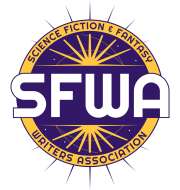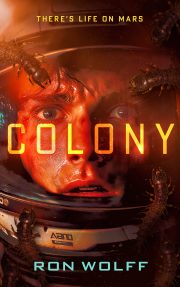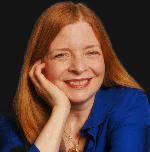SFWA Grant Program: Call For Submissions

SFWA Grant Program SFWA’s mission as a 501(c)(3) charitable organization to promote, educate, defend, and advocate for our fellow writers and the fantasy and science fiction genre overall led us to establish our Givers Fund last year. Last year the Givers Fund received enough donations to provide grants to projects such as the LaunchPad astronomy […]


